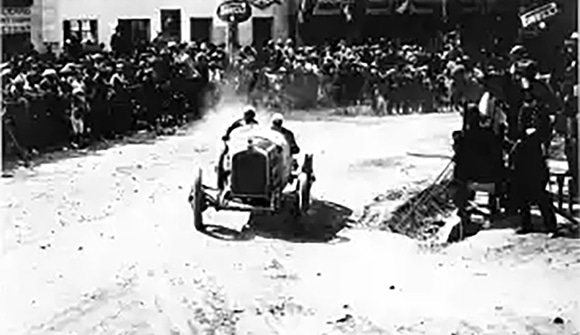
History of the Targa Florio and the Florio Cup
History of the Targa Florio and the Florio Cup
You have already heard of the Targa Florio and the Florio Cup, and you may be wondering what is the difference or the common point between the two?
The Targa Florio is open to all amateur, professional or manufacturer competitors. The Florio Cup (or Coppa Florio) is a competition open only to manufacturers consisting of 7 races and which takes place over several years. It happened several times that these two events were run on the same circuit and at the same time in Sicily (source: Peugeot Revue 1926).
The ῍Coupe Florio῍ was created by Vincenzo Florio, a wealthy Sicilian aristocrat who was passionate about automobiles. It is a challenge created in 1905, consisting of 7 speed and regularity events; the manufacturer who has totaled the greatest number of victories wins the cup. These events will be contested in Sicily on the so-called ῍des Madonies῍ circuit where the competitors will complete a 148.82 km loop several times (3 or 4 depending on their category).
At the beginning of the 20th Century, alongside “Automobiles Peugeot”, the company “Les Fils de Peugeot Frères”, after a temporary abandonment of automobile manufacturing, returned to motorized locomotion and launched vehicles under the “Lion-Peugeot” brand whose commercial success is immediate. The “competition” version will arrive a little later, in particular thanks to two engineers, the Michaux Brothers (then the engineer Louis Verdet) who will create special cars for the race in 1905: the Peugeot Lion carts. Here too, success is on the agenda with victories that follow one another thanks in particular to the pilots Giosué Giuppone and Eugène Renaux dit Raunex: Lombardy Cup, Rotschild Cup at the Ventoux meeting, Press Cup (in Lisieux) and regularity of the Coupe de l’Auto in 1907 alone.
After Giosué Giuppone’s victory in 1908 in the ῍ carts῍ category on a Lion-Peugeot (at an average speed of 47.36 km/h), it was in 1909 that the Lion had its hour of glory by placing two cars in the first (Jules Goux) and second (Giosué Giuppone) places of the famous Targa Florio, also counting for the Cup of cars, which can be admired at the Peugeot Adventure Museum in Sochaux. The car driven by Giuppone is a new model fitted with a 2,813 cc engine developed by engineer Louis Verdet (first Peugeot engine with 4 valves per cylinder).
In 1910, the related companies “Automobiles Peugeot” and the automobile and cycle branches of the “Sons of Peugeot Frères” came together to form the “Société Anonyme des Automobiles et Cycles Peugeot”.
The same year, the Lions achieve a hat-trick with Georges Boillot, Giosué Giuppone and Jules Goux. Their carts were faster in this event than the big cars!
It will then be necessary to wait a few years (and the end of the war) to see Peugeot shine again in Sicily.
During the 1919 edition, André Boillot (younger brother of Georges, the Peugeot driver who distinguished himself before the war with the Lion carts and the ῍des charlatans῍ team see bulletin n°5) won the race by crossing, after a spin to avoid spectators, the finish line in reverse! To comply with the rules, his assistance will put him back in the right direction in order to cross the line forward (see illustration).
This Peugeot is a ῍L25῍ – 2.5 liter 4-cylinder developing 80 hp at 3000 rpm which took part in the American Grand Prix in Indianapolis the previous May. Curiously, this car had been used in the period 1914/1918 for travel by brand executives (source: la Vie Automobile of 13/12/1919).
In 1922, André Boillot did it again at the wheel of a Peugeot “174 S”, a racing version of the “174” equipped with a 4-cylinder without valves of 3,828 cm3 (another Peugeot driven by Becquet ranked 3rd), scoring thus points for the Cup (video).
In 1924, André Boillot finished 4th, but he won the event again in 1925, still driving an ῍174 S῍. Following its 2 victories, the Peugeot brand wins the “Coppa Florio”.
The cup is put into play by the manufacturer for an 8th edition which will this time be disputed in France, in Saint-Brieuc, on July 7, 1927. The Peugeot drivers, Wagner and Rigal, achieve a double and the Peugeot brand then retains this title definitively.
To evoke the tradition of the “Targa Florio”, the Automobile Club of Italy has created the “Targa Florio Classic”, a regularity event dedicated to ῍historic῍ cars and taking place in Sicily. The 2019 edition, from October 10 to 13, evokes the 100th anniversary of that of 1919 when the race was won by Peugeot.
Henri Auger



